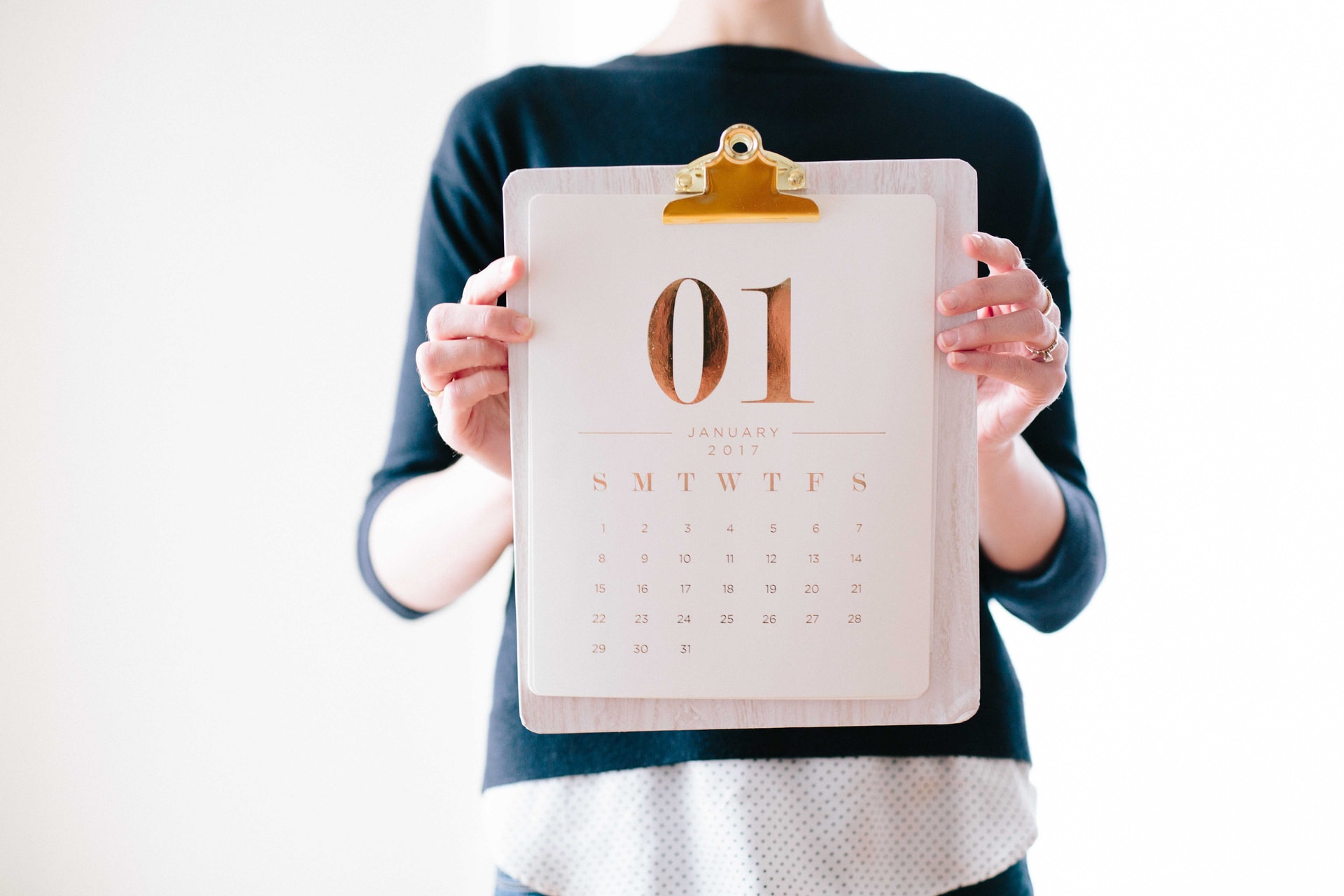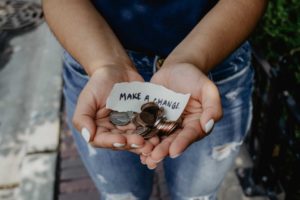COVID-19 has most of us feeling anxious. This unprecedented lockdown comes with a lot of questions. It is also making a lot of people anxious about the future. How to deal with the situation? 1 day at a time!
The lockdown has raised questions like:
The way I want to tackle this was beautifully explained in one tweet by James Clear here. It says :
Win the day.
There are many questions swirling right now. How long will this last? Can we manage this? Will we recover? How worried should I be? Leave it be. Nobody knows the answers. Have the best day you can, today. Win the moment in front of you now.
Win the day.
I think this is a great advice. If we focus all our energy on something that we can control, we feel less anxious. We escape the feeling of powerlessness. If you think that you cannot focus on the entire day, focus on next hour. What can you do in the next hour to feel accomplished, move closer to your goal, or simply feel better?
If the next hour is too much, focus on the next 10 minutes. Become aware of what is causing the anxiety. What is your response to it and is it helping? If not, change your behavior to something more useful.
Meditation
Meditation is a great way to reduce your anxiety and increase your focus. It gives your brain the chance to process data and organize information. Meditation allows your ‘thinking brain’ to take over and your ‘reptile brain’ takes a backseat.
This ‘reptile brain’ or The reptilian brain, composed of the basal ganglia (striatum) and brainstem, is involved with primitive drives related to thirst, hunger, sexuality, and territoriality, as well as habits and procedural memory (like putting your keys in the same place every day without thinking about it or riding a bike). It is also responsible for your safety and is always looking out for signs of danger. It is always in a flight or fight mode.
When we meditate, this part of our brain relaxes and our neocortex or the ‘thinking brain’ takes over. The neocortex enables language, abstraction, reasoning, and planning. Meditation enables this part of the brain to organize and sort information, Hence we can process information and think better.
How to Meditate?
Naval Ravikant has written a succint thread on twitter on how to meditate. He describes it as the art of doing nothing. The steps are:
- Prepare for meditation by sitting quietly in the morning, with eyes closed and back upright, in any comfortable position that will minimize movement.
- Sixty minutes are easier than thirty, as it takes time for the mind to settle down. Sixty consecutive days are needed, just as it takes time for the body to go from unfit to fit.
- Realize that at this moment, you are the only person in the world and there is no one to instruct you, praise you, or judge you.
- Make no effort for or against anything. Whatever happens, happens. Surrender to yourself in the moment. Resist nothing and reject nothing, including the urge to resist and reject.
Here is the complete twitter thread.
In conclusion, Meditate and Focus on today. Tomorrow, start over. 1 day at a time!



